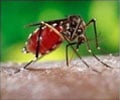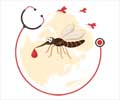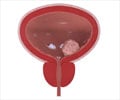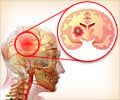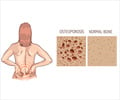What is Malaria?
Unlike most infections that are caused by bacteria and viruses, there is no malaria virus or bacteria that causes the infection. The disease is caused by a parasite that is transmitted by mosquitoes. The symptoms of malaria can be rather extreme even when dealing with mild cases of malaria. Symptoms typically include high
Malaria’s Impact Worldwide
Go to source).
Malaria Facts
An important aspect of any strategy to combat an infection with preventive measures depends on public awareness, as this is an important determinant in the success of any strategy. Below are some interesting facts and statistics on malaria.





